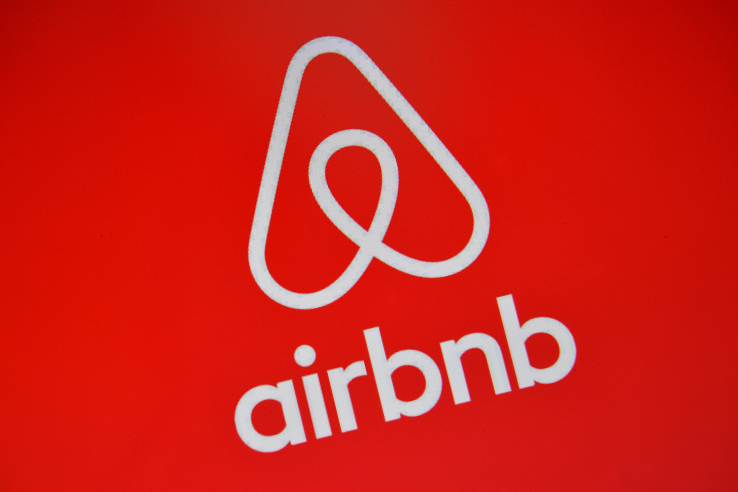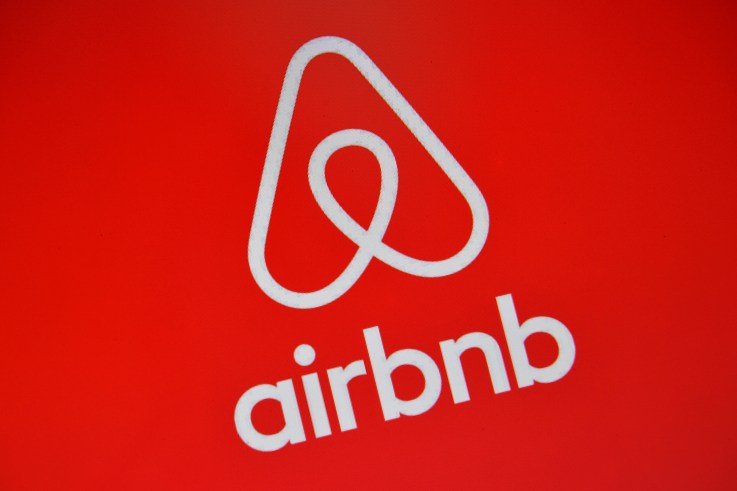

Airbnb looks to be making a key strategy change with regards to its global lobbying efforts. After a failed lawsuit that made the company little progress in the State of New York, Airbnb is rallying behind an age old political tool — the compromise.
Any good negotiation comes with table strategy. In Airbnb’s case, this takes the form of a prescriptive list of policy recommendations as well as a firm bottom line of what the company feels is ultimately disruptive to its users, and in many cases, the self-interest of local municipalities themselves.
Ultimately, Airbnb has limited power in stopping governments from instituting any of the following regulations, but its latest release makes it very clear what the company’s preferences are and what it sees as its responsibility.
Where Airbnb is willing to compromise
- Airbnb will help municipalities collect tax revenue. Airbnb can use Voluntary Collection Agreements to collect taxes on behalf of local governments if they are given permission by local tax collecting authorities. This money can be put to use in any way a government sees fit. Supporting tourism and combatting homeless are frequent choices.
- Equitable revenue sharing. Programs that help building owners retain some revenue, collected from tenants, alongside hosts.
- Curating listings. Helping to crack down on unwanted hostels and party houses.
- Usage caps for hosts. Limitations on the number of nights a home can be rented.
- Supporting affordable housing. Preventing the abuse of affordable housing by capping potential Airbnb income at the monthly cost of below market-rate housing.
- Permitting. Requiring permits when a person lists more than a set number of units.
- Combatting discrimination. The institution of anti-discrimination policies.
- Enforcing local laws. The banning of users who violate local home-sharing laws
- Increasing transparency for tenants. Increasing the amount of information required to list units.
- Releasing data. The company will release annual transparency reports along with some anonymized data to municipalities.
Where Airbnb would rather not budge
- Zoning. Airbnb would rather not see its users discriminated against based on the zoning laws of their particular neighborhood. This became an issue in New Orleans, LA with the exclusion of the French Quarter.
- Pass-throughs. Building back doors for municipalities to access user data is not only invasive but technologically challenging. Airbnb has made exceptions in the past, most notably in Chicago.
- One-host, one-home. As with the previous two, Airbnb has been forced to make exceptions in NYC and San Francisco by restricting the number of homes a homeowner can list. This hot-button issue wasn’t addressed without a bit of sass. The company made it clear that it doesn’t see itself as responsible for increases in housing prices by pointing to historically poor housing policies in both cities.
- Easy registration. Processes for registration should be simple and available online.
- Quick registration. Registration should occur upon filing or at-least hold up in the interim until a final decision is made.
- Fairness. Local laws should never benefit one home-sharing platform over another.
Featured Image: Carl Court / Staff/Getty Images

